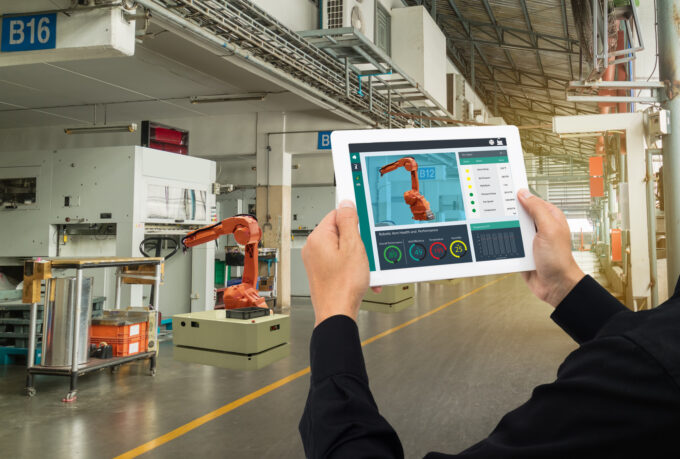Will fewer industrial robots be ordered because of Brexit?
Although not yet in place, Brexit is already casting its economic shadow in terms of industrial robot provision. Sales figures in the European Union remain positive, according to the International Federation of Robotics.

The number of new industrial robots installed in the UK fell by three per cent to 2,306 units. In the previous year, British robot sales had still risen by 31 percent. In contrast, the latest sales figures in the European Union remain positive - with an increase of twelve percent, according to the preliminary results of the World Robotics Report 2019 published by the International Federation of Robotics http://ifr.org show
Fewer workers expected
"The UK has been much slower to embrace robotic automation in all manufacturing sectors outside of automotive than our main competitors. For years, the UK attracted foreign workers and companies preferred to hire people rather than invest in capital equipment. The consequences of the Brexit vote and subsequent political developments are reducing the availability of labour as the many workers originating from Eastern Europe begin to return home," says Mike Wilson, chairman of the British Automation and Robot Association http://ppma.co.uk/bara.html.
In terms of robot density by region, Europe has the highest level of industrial robots per 10,000 employees in the manufacturing industry globally - Germany (3rd), Sweden (5th), Denmark (6th), Belgium (9th) and Italy (10th) are all in the top 10. The UK ranks 22nd globally with a density of 85 units, which is in line with the global average. China had overtaken the UK in 2017 and is currently 21st with 97 units.
(Source: Press release)









